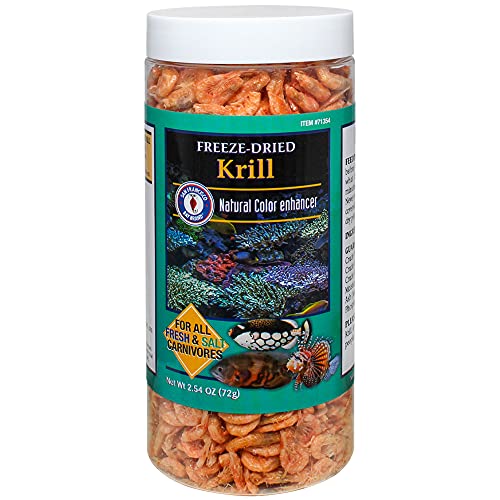NaH2O
Well-known member
- Joined
- Jan 25, 2004
- Messages
- 8,568
(On the poll - choose how often, choose how you use it, then vote)
How often do you run carbon, and how do you use it.....passively or actively? (Passive = in a filter sock sitting in the sump, Actively = in some form of filter, i.e. canister filter, fluidized reactor, etc)
One last question - do you soak your carbon prior to use in RO/DI water? If you do, why?
I currently run carbon passively 24/7.....I soak my carbon for about 5 days or so prior to introduction.
How often do you run carbon, and how do you use it.....passively or actively? (Passive = in a filter sock sitting in the sump, Actively = in some form of filter, i.e. canister filter, fluidized reactor, etc)
One last question - do you soak your carbon prior to use in RO/DI water? If you do, why?
I currently run carbon passively 24/7.....I soak my carbon for about 5 days or so prior to introduction.


































































